DNA-Based Immunotherapy IMNN-001 Shows Survival Gains in Advanced Ovarian Cancer
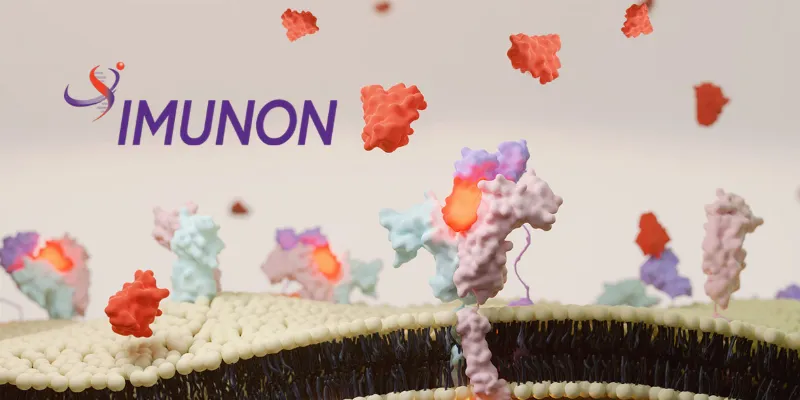
IMUNON’s Phase 2 OVATION 2 trial of IMNN-001 in advanced ovarian cancer showed a 13-month OS increase (46 vs. 33 months) and 3-month PFS gain. With PARP inhibitors, OS was not reached after 5 years, and PFS rose by 11.7 months. The immunotherapy was well tolerated, showing strong promise as a frontline treatment in Phase 3.
IMUNON announced new positive data from the Company’s Phase 2 OVATION 2 Study of IMNN-001, its DNA-based immunotherapy for advanced ovarian cancer. The study showed a median 13-month increase in overall survival and a 3-month gain in progression-free survival. In patients receiving PARP inhibitors, progression-free survival extended nearly 12 months, with overall survival not yet reached after five years—marking a potentially transformative advance in frontline ovarian cancer treatment.
The findings will be presented at the American Society of Clinical Oncology’s (ASCO) 2025 Annual Meeting and are also being published simultaneously in the peer-reviewed journal Gynecologic Oncology.
A First-of-Its-Kind Immunotherapy
Developed using IMUNON’s proprietary TheraPlas® platform, IMNN-001 delivers a DNA plasmid encoding interleukin-12 (IL-12) directly into the peritoneal cavity. This strategy enables local, sustained IL-12 expression—activating T cells and natural killer cells to transform the tumor microenvironment without the systemic toxicity typically seen in cytokine therapies.
“We are very encouraged by these remarkable results and the fact that they are being presented in two of the most prestigious platforms in oncology research – the ASCO 2025 Annual Meeting,” said Dr. Stacy Lindborg, CEO of IMUNON. “As we continue to evaluate findings from our Phase 2 OVATION 2 Study, the data show consistently strong improvement in overall and progression-free survival, suggesting that IMNN-001 may drive positive outcomes that can truly make a difference in the lives of women with ovarian cancer, even for those with advanced and very difficult to treat stages of disease.”
Survival in a High-Mortality Disease
The OVATION 2 study enrolled 112 patients with newly diagnosed stage III or IV epithelial ovarian, fallopian tube, or primary peritoneal cancer. Patients were randomized to receive either standard-of-care (SoC) neoadjuvant and adjuvant chemotherapy (paclitaxel and carboplatin), or the same chemotherapy combined with IMNN-001, administered weekly.
“The results from this Phase 2 trial are powerful and highly encouraging. Typically, an increase in survival of six months is considered clinically meaningful. The data indicate that IMNN-001 could extend the lives of women with newly diagnosed with advanced ovarian cancer by one year or longer, representing a potentially historic advance in standard of care,” said Dr. Premal H. Thaker, Professor of Obstetrics & Gynecology, and Study Chair of OVATION 3 trial. “This is the first immunotherapy with a favorable safety profile to demonstrate survival benefits when used in conjunction with standard of care chemotherapy in a frontline setting.”
The results? Striking
- Overall Survival (OS): Patients receiving IMNN-001 showed a 13-month median OS increase over SoC (46 vs. 33 months; HR 0.69). Even more impressively, for those also receiving PARP inhibitors as maintenance therapy, median OS has not yet been reached after more than five years—compared to 37 months in the control group (HR 0.38).
- Progression-Free Survival (PFS): In the intent-to-treat population, IMNN-001 delivered a 3-month increase in PFS (14.9 vs. 11.9 months; HR 0.79). In patients receiving PARP inhibitors, the PFS benefit extended to 11.7 months (33.8 vs. 22.1 months; HR 0.8).
These gains far exceed the six-month OS benchmark typically deemed clinically meaningful in oncology trials.
A Biomarker-Driven Edge
Subgroup analysis revealed enhanced therapeutic effects among women with homologous recombination deficiency (HRD), including BRCA1/2 mutation carriers, with a hazard ratio of 0.42. This suggests that IMNN-001 could be particularly impactful in biomarker-selected populations—an increasingly vital strategy in precision oncology.
The trial’s favorable safety profile further strengthens its case. No cytokine release syndrome, no systemic toxicity, and no serious immune-related adverse events were reported. Common side effects were limited to manageable symptoms such as abdominal pain, nausea, and vomiting.





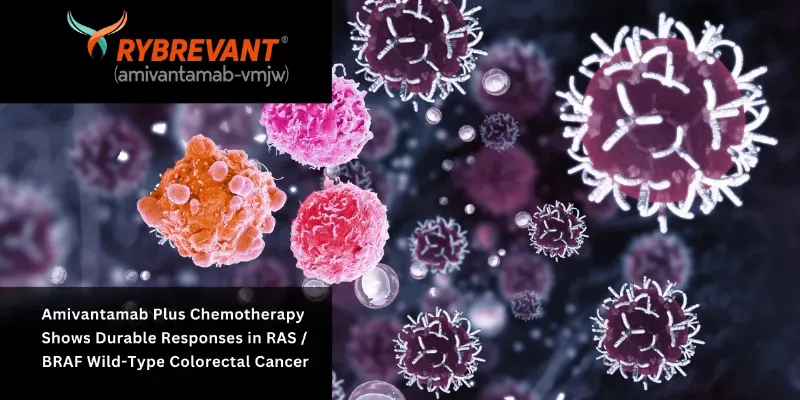
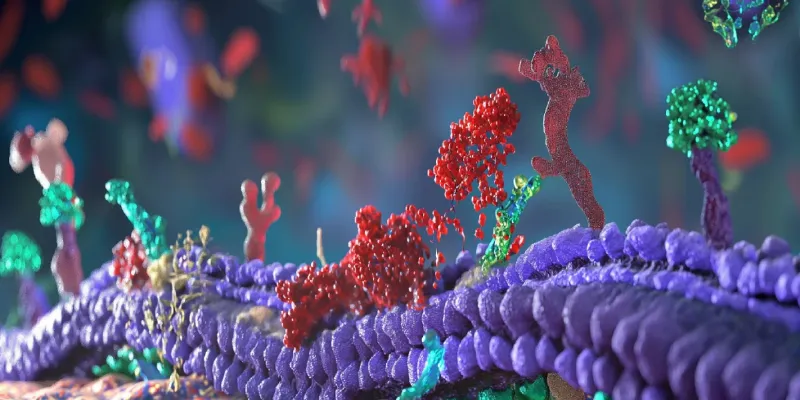
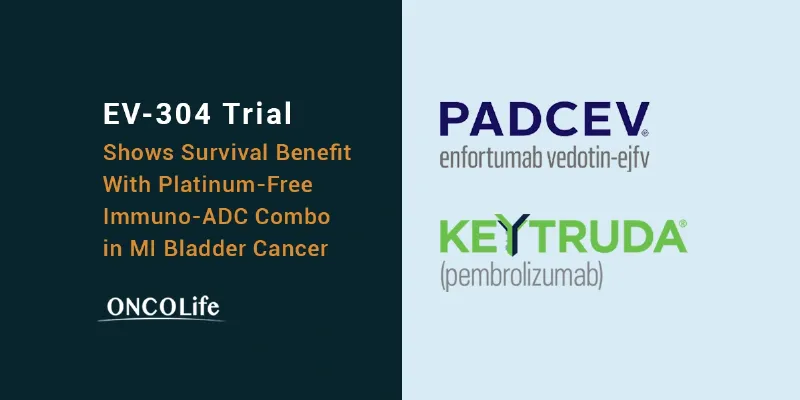
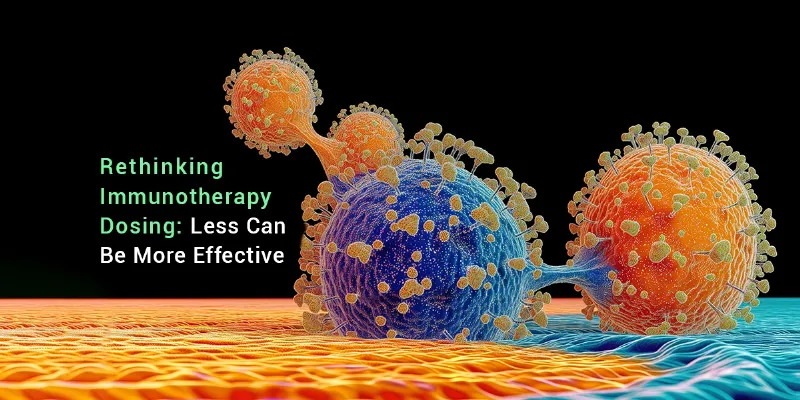
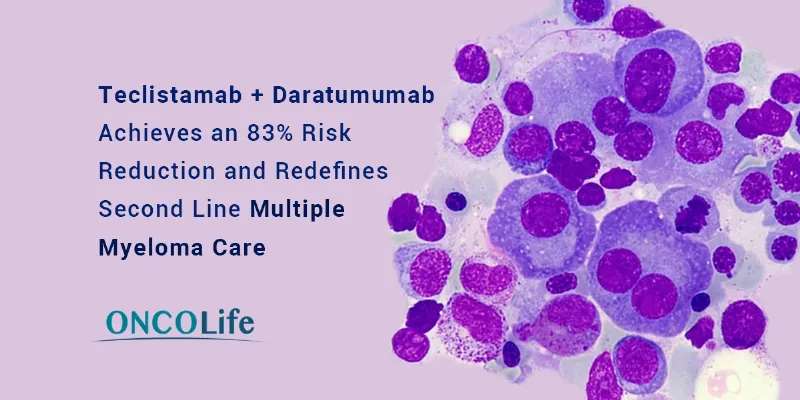
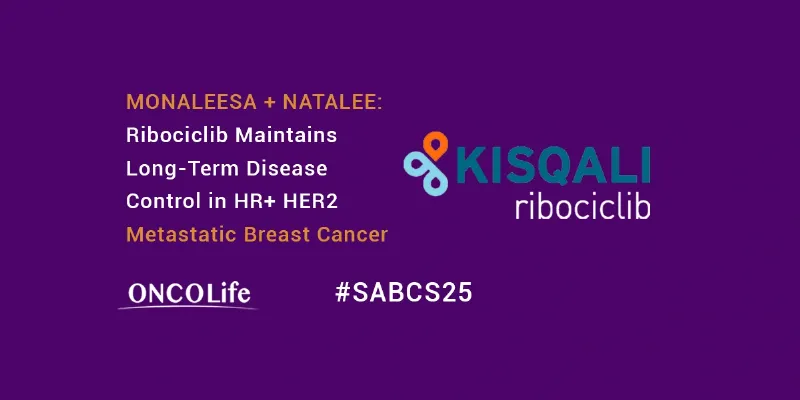
Comments
No Comments Yet!